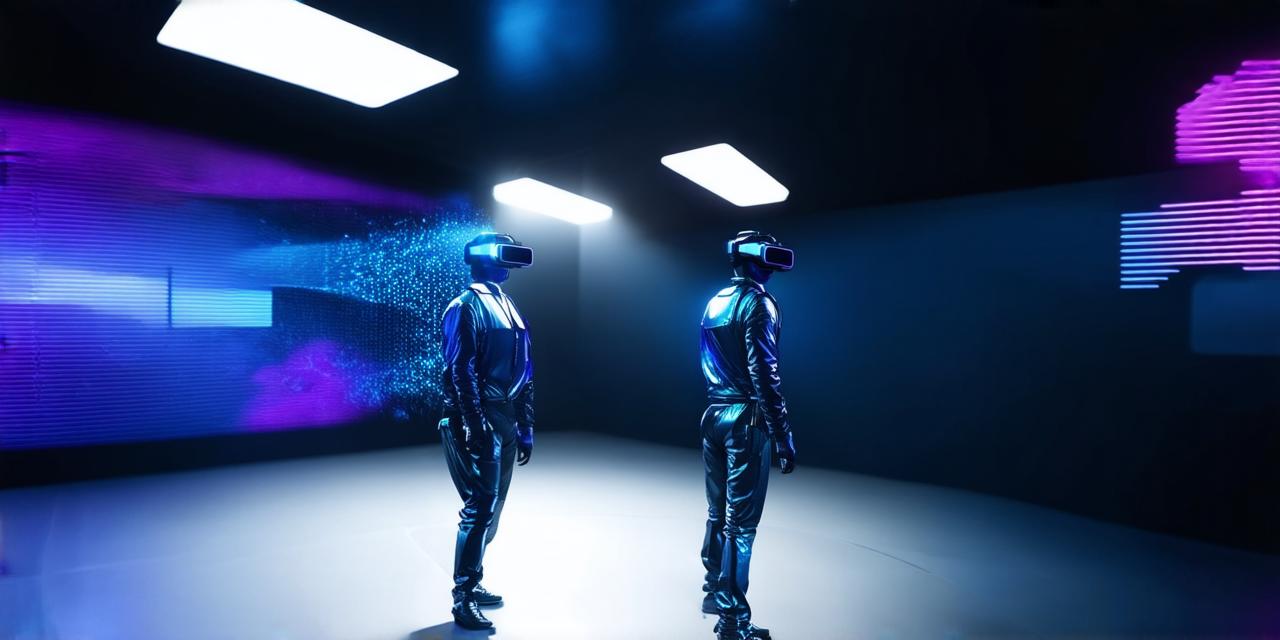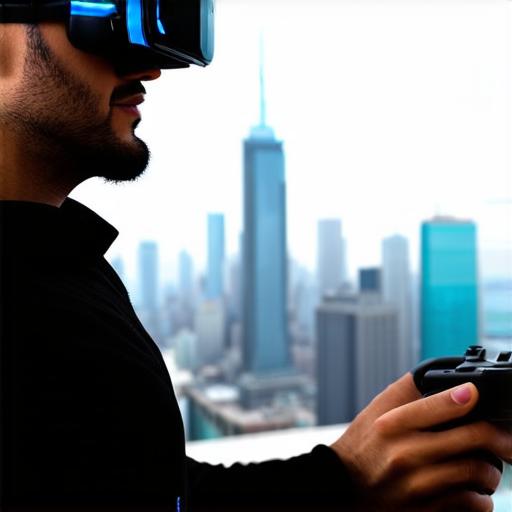
How does virtual reality provide assistance?
Introduction
Virtual reality (VR) technology has been gaining popularity in recent years, and it’s no surprise. With its ability to provide an immersive experience that simulates real-life situations, VR has the potential to revolutionize assistance and improve user experience across various industries.
Assistance in Healthcare
One of the most significant benefits of virtual reality technology is its ability to provide assistance in healthcare. Virtual reality has been used in medical training for years, but now it’s also being used to help patients with a variety of conditions.
For example, virtual reality therapy has been shown to be effective in treating anxiety, depression, and post-traumatic stress disorder (PTSD). By simulating real-life situations, VR can provide exposure therapy that helps patients overcome their fears and anxieties in a safe and controlled environment.
Virtual reality is also being used to assist surgeons in performing complex procedures. With the help of VR headsets and haptic feedback devices, surgeons can practice surgical techniques in a virtual environment before performing them on real patients. This allows for more precise and accurate procedures, reducing the risk of complications and improving patient outcomes.
Assistance in Education
Virtual reality is also being used to provide assistance in education. With its ability to create immersive experiences that simulate real-life situations, VR can be an excellent tool for teaching students about various subjects.
For example, virtual reality simulations can be used to teach geography and history by allowing students to explore different cultures and historical events in a safe and controlled environment.
Virtual reality is also being used to help students with learning disabilities. By providing a more engaging and interactive experience, VR can help students with dyslexia, ADHD, and other learning disabilities better understand complex concepts and improve their overall academic performance.
Assistance in Entertainment
Virtual reality is also being used to provide assistance in entertainment. With its ability to create immersive experiences that simulate real-life situations, VR can be an excellent tool for creating engaging and interactive games and simulations.
For example, virtual reality games can be used to teach players about history, science, and art by allowing them to explore different cultures and periods in a fun and interactive way.
Virtual reality is also being used to provide assistance in the entertainment industry for pre-production planning and post-production editing. By using VR technology, filmmakers and video editors can create virtual sets and environments that allow for more efficient and cost-effective production processes.
Conclusion
In conclusion, virtual reality technology has the potential to revolutionize assistance and improve user experience across various industries. From healthcare to education and entertainment, virtual reality is changing the way we interact with our environment and each other. By providing an immersive experience that simulates real-life situations, VR can provide exposure therapy for patients with anxiety and depression, assist surgeons in performing complex procedures, teach students about different cultures and historical events, and create engaging and interactive games and simulations.
FAQs:
Q: What are some examples of how virtual reality can assist in healthcare?
A: Virtual reality therapy has been shown to be effective in treating anxiety, depression, and PTSD. It’s also being used to assist surgeons in performing complex procedures by providing a safe and controlled environment for practice.
Q: How can virtual reality assist in education?
A: Virtual reality simulations can be used to teach geography and history, as well as help students with learning disabilities better understand complex concepts and improve their overall academic performance.
Q: What are some examples of how virtual reality can assist in entertainment?
A: Virtual reality games can be used to teach players about history, science, and art by allowing them to explore different cultures and periods in a fun and interactive way. It’s also being used for pre-production planning and post-production editing in the entertainment industry.



